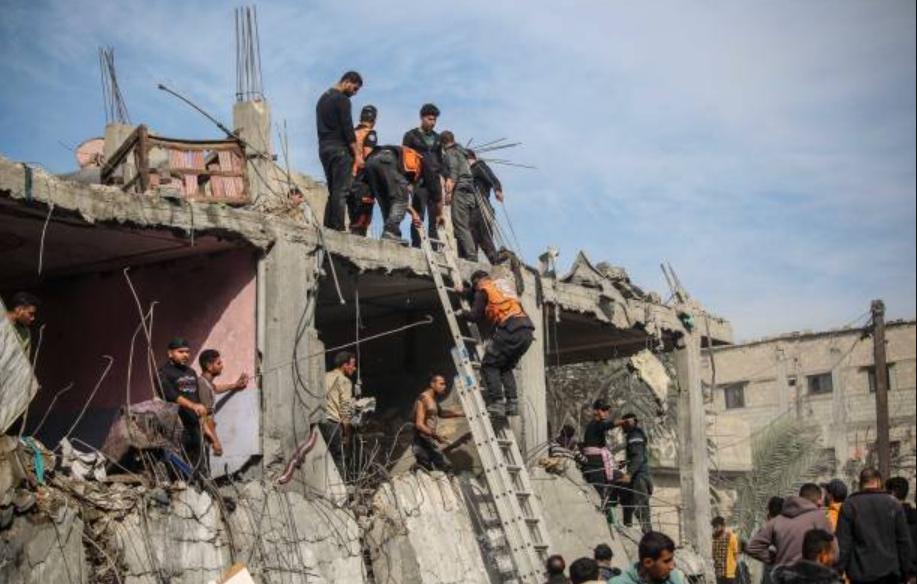Following the recent conflict in Gaza, there have emerged notable disparities between the visions laid out by Israel and the United States regarding the postwar path for the region.
The aftermath of the conflict has brought to light divergent perspectives on how to address the reconstruction and future of Gaza, raising concerns about reconciling differing visions.
Israel, in its approach toward Gaza, has emphasized security concerns and the prevention of Hamas, the militant group controlling the region, from rearming and launching attacks against Israel.
Israeli officials have advocated for strict measures to ensure that reconstruction efforts do not facilitate the rearmament of Hamas or contribute to further instability in the region.
On the other hand, the United States has expressed a broader vision for Gaza’s reconstruction. The US has emphasized the need for humanitarian aid and reconstruction efforts that prioritize addressing the dire humanitarian crisis in the area.
While acknowledging Israel’s security concerns, the US has advocated for a balanced approach that allows for significant reconstruction while ensuring measures to prevent the misuse of aid for militant purposes.
Security Prioritization in Gaza Strategies

Discussions over foreign aid and rebuilding efforts have highlighted the differences between the US and Israeli perspectives on the postwar road.
Israel has sought to exert control over materials entering Gaza for reconstruction, aiming to prevent Hamas from acquiring construction materials that could be repurposed for military use.
In contrast, the US and other international actors have emphasized the urgency of providing aid and support directly to civilians, focusing on alleviating the humanitarian crisis and rebuilding infrastructure.
The differing approaches between Israel and the US highlight the complex challenges faced in navigating the reconstruction process in Gaza.
While both parties prioritize security and stability in the region, their strategies diverge significantly in terms of the extent of aid and reconstruction permitted, raising questions about the feasibility of reconciling these distinct visions.
As discussions and negotiations continue, finding common ground between the Israeli and US approaches remains a crucial factor in shaping the postwar trajectory of Gaza and addressing the urgent humanitarian needs of its residents while ensuring regional stability and security.


Comments are closed.